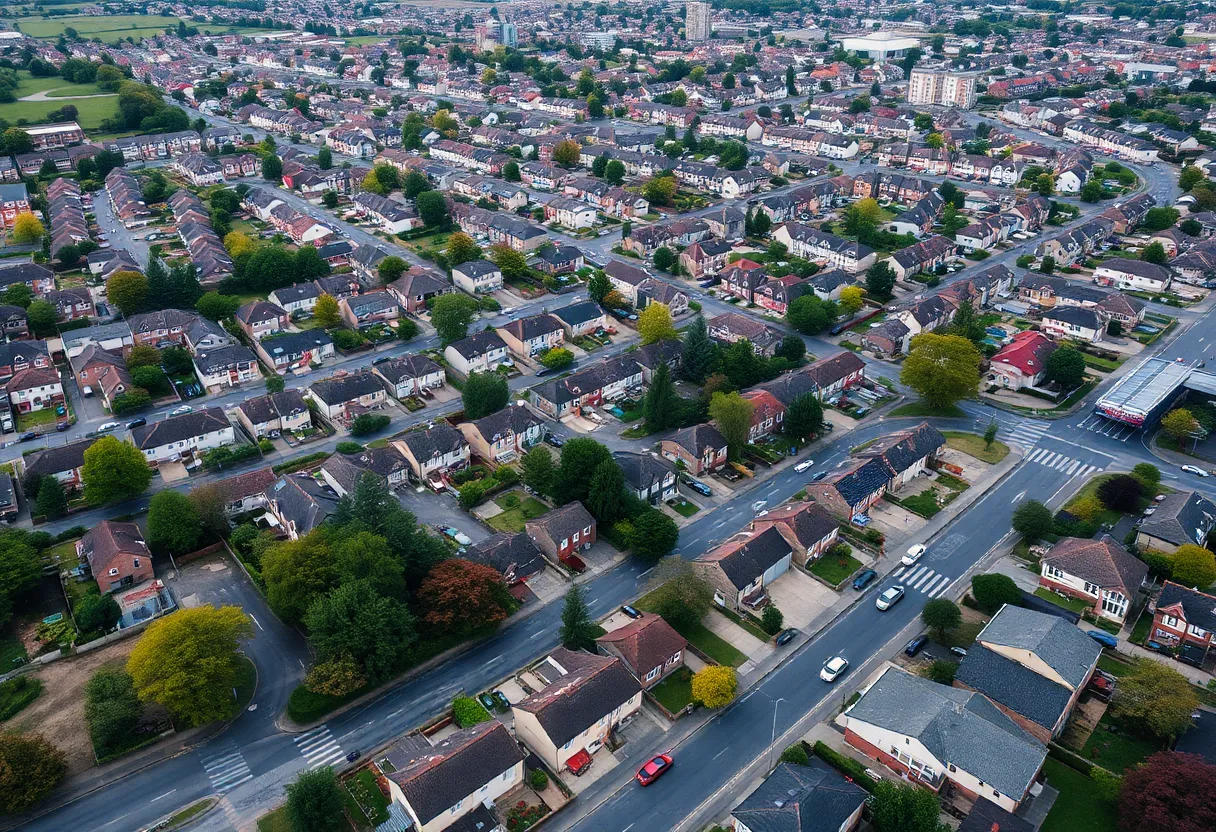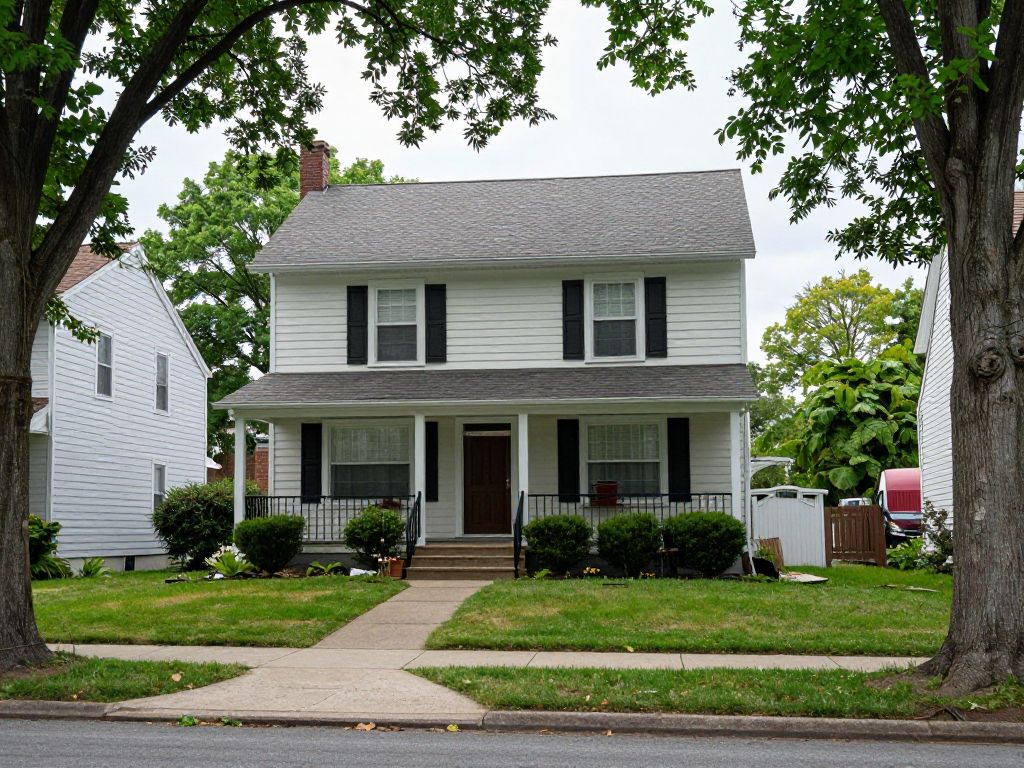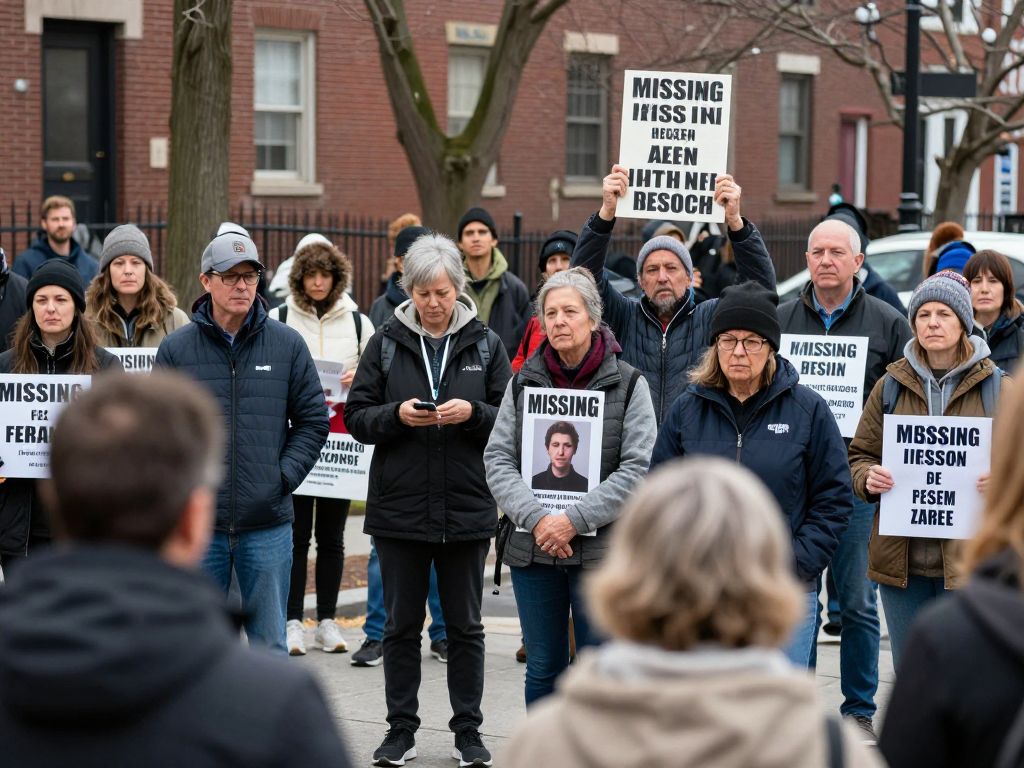News Summary
A Massachusetts Superior Court judge has ruled that the MBTA Communities Act is enforceable, dismissing a lawsuit from nine municipalities that challenged its impact. The law aims to increase multi-family housing development near transit services. Despite concerns over infrastructure costs, the judge noted state grant programs would help alleviate burdens. Communities must comply with new regulations or risk losing state funding. As of June 2025, the law’s compliance continues to shape local housing discussions amidst mixed reactions from towns.
Massachusetts – In a significant ruling, a Massachusetts Superior Court judge has decided in favor of the state regarding a lawsuit from nine municipalities that challenged the MBTA Communities Act. This ruling clears the way for the enforcement of the law that aims to promote multi-family housing development, directly impacting how communities near the Massachusetts Bay Transportation Authority (MBTA) operate.
The lawsuit was initiated by nine towns: Marshfield, Middleton, Hanson, Holden, Hamilton, Duxbury, Wenham, Weston, and Wrentham. The towns alleged that the Act would impose substantial infrastructure costs without adequate state support. However, the judge concluded that these potential costs were indirect in nature, dismissing claims that the law constituted an unfunded mandate.
Justice Mark Gildea stated that the grant programs available to municipalities would help alleviate any financial burdens associated with complying with the law. The MBTA Communities Act, which was signed into law in 2021 by former Governor Charlie Baker, requires designated MBTA Communities to allow multi-family zoning “by right” in at least one reasonably sized district. Communities that fail to comply risk losing access to state funding.
As of June 2025, there are 177 designated MBTA Communities, all of which must adhere to the Act’s provisions. In January 2025, the Massachusetts Supreme Judicial Court upheld the constitutionality of the MBTA Communities Act, affirming that the Attorney General can initiate lawsuits against non-compliant towns.
The current guidelines governing the law were deemed “unenforceable,” leading to new emergency regulations issued by the Executive Office of Housing and Livable Communities (EOHLC). As a result, communities that previously missed their compliance deadlines now have until February 13, 2025, to submit their action plans and by July 14, 2025, for district compliance applications.
The MBTA Communities Act categorizes towns into different groups based on their proximity to transit services, including categories for rapid transit, commuter rail, adjacent, and adjacent small towns. Each group faces its own specific compliance deadlines. As of June 2025, 85 communities have successfully complied with the law, while six are classified as conditionally compliant. These include Bridgewater, Everett, Malden, Rockport, Framingham, and Hopkinton.
Currently, 83 communities are in a state of interim compliance, working on their compliance requirements, and have submitted action plans. However, three towns – Halifax, Marshfield, and Middleton – have been flagged as non-compliant as of June 2025 because they missed their deadlines. The Healey administration has emphasized that failure to comply with the MBTA Communities Act will significantly impact the distribution of discretionary local aid to those communities.
Recent town meetings have revealed mixed sentiments regarding the MBTA Communities Act. For instance, Dracut Town Meeting recently shot down a motion aimed at reconsidering a previous vote against compliance with the Act, which raised concerns about potential legal repercussions. Similarly, residents of Danvers recently rejected proposals to delay compliance, all while discussions about density and infrastructure issues continue to be a point of contention.
The court’s ruling marks a pivotal moment in Massachusetts’ push for increased housing availability, particularly in areas well served by public transportation. As communities grapple with the implications of the MBTA Communities Act, the enforcement of the law will likely shape the future landscape of housing and development in the region.
Deeper Dive: News & Info About This Topic
- Boston.com: MBTA Communities – What’s next for your town?
- NBC Boston: Judge turns back challenge to MBTA housing law
- Spectrum News: MBTA Communities Law Compliance in Massachusetts
- Boston.com: Timeline of towns suing the state over MBTA Communities Act
- Encyclopedia Britannica: Massachusetts Housing Law

Author: STAFF HERE BOSTON WRITER
The BOSTON STAFF WRITER represents the experienced team at HEREBoston.com, your go-to source for actionable local news and information in Boston, Suffolk County, and beyond. Specializing in "news you can use," we cover essential topics like product reviews for personal and business needs, local business directories, politics, real estate trends, neighborhood insights, and state news affecting the area—with deep expertise drawn from years of dedicated reporting and strong community input, including local press releases and business updates. We deliver top reporting on high-value events such as Boston Marathon, Head of the Charles Regatta, and Boston Harborfest. Our coverage extends to key organizations like the Greater Boston Chamber of Commerce and Associated Industries of Massachusetts, plus leading businesses in finance, biotech, and insurance that power the local economy such as Fidelity Investments, Biogen, and Liberty Mutual Insurance. As part of the broader HERE network, we provide comprehensive, credible insights into Massachusetts's dynamic landscape.





